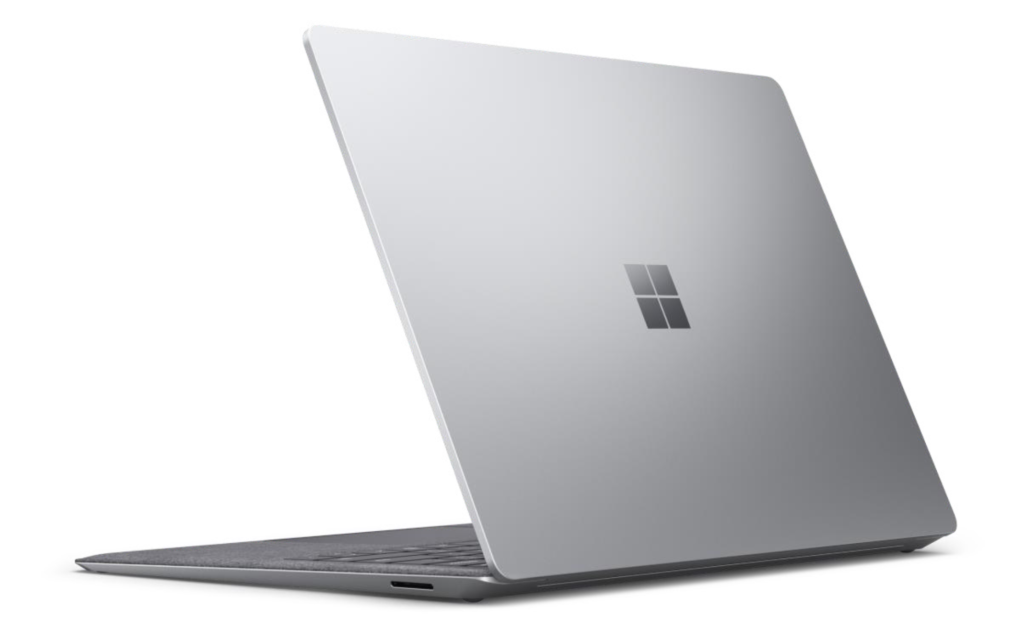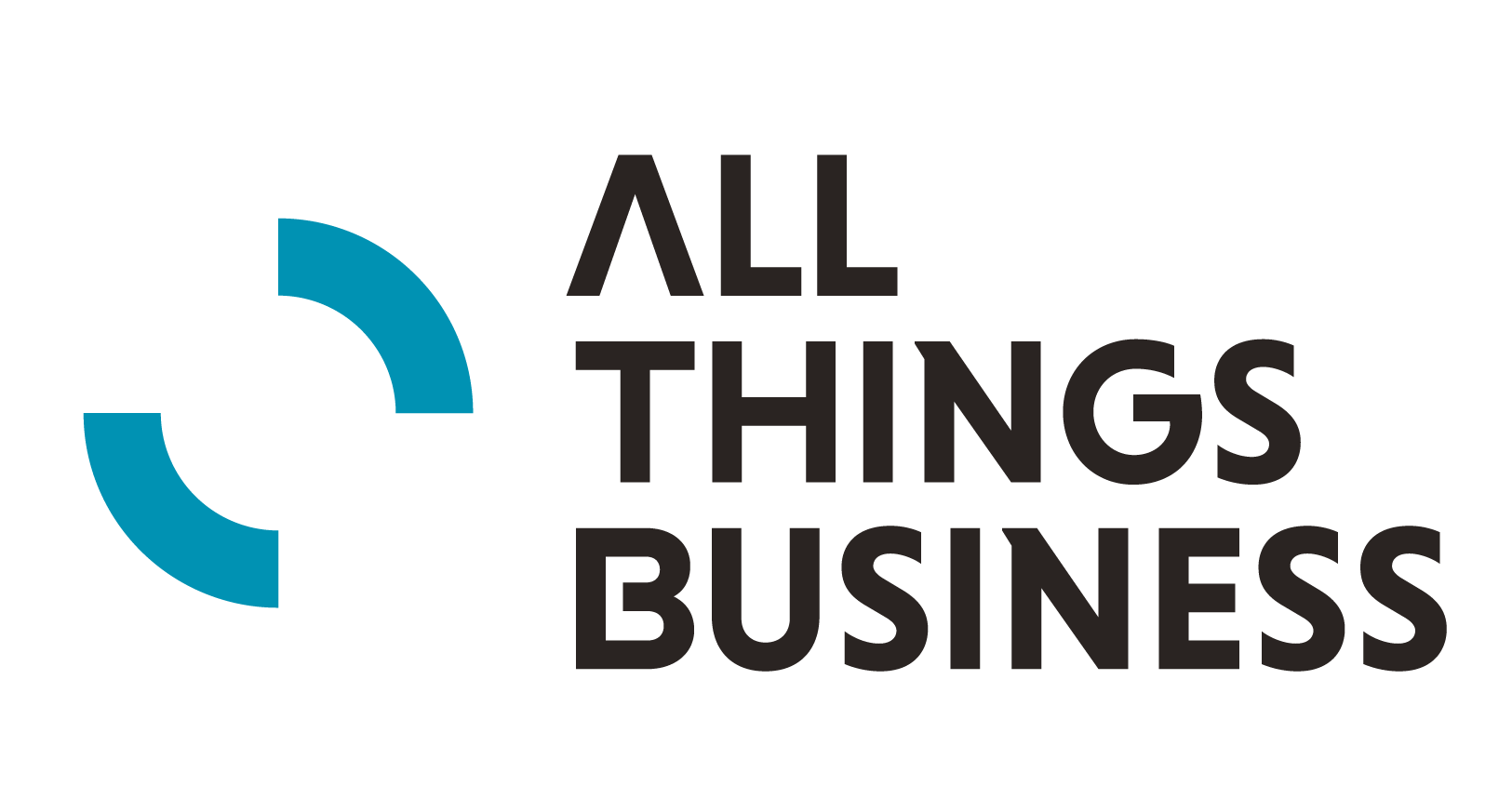Much as we rely on state-of-the-art devices and high-speed connectivity, we’re also concerned about carbon footprint and what effect our digital-led lives are having on the environment.
It’s something that we at ACS have been factoring into our solutions for some years now, and we’re delighted that the technology industry as a whole is taking a far more proactive approach in finding ways to meet the needs of a fast-paced world while at the same time reducing waste and saving energy.
In its Surface and Sustainability Report, Microsoft warns that if current trends continue, we will need two planets to meet the world’s demand for resources by 2030. On a more encouraging note, it also reports that 81% of those surveyed feel we aren’t doing enough to combat wastefulness and seven in ten said they would go out of their way to support a company that makes strong efforts to be sustainable.
ACS has been a Microsoft Gold-Certified Partner for many years and was recently awarded Surface Gold Partner status. Our clients can access Microsoft’s range of Surface devices, which enable organisations to work in a flexible way, bringing all the tools into one place to plan a project, communicate easily, collaborate on documents in real time and, crucially, the tools to keep our data safe and secure from compromise.
Their flexibility, through our Device-as-a-Service model, which provides clients with hardware without them having to buy, configure and manage it, tailored with end-to-end ACS services and support, is invaluable.

However effective that delivery is, it’s also good to know that the fantastic service Surface offers is also backed up by a strategy of sustainability – and Microsoft is certainly taking a stand on this. The technology giant has pledged that, by 2030:
- Every Surface it manufactures, and its packaging, will be fully recyclable
- Microsoft will be carbon negative
- Microsoft will achieve zero waste for its direct operations
In order to achieve this, Microsoft has imposed its own internal carbon tax of $15 per metric ton and applied that to all activity from raw material extraction through the manufacturing process, all the way to end-of-life disposal. By putting a price tag on the environmental consequences of design choices, the designers have an even stronger incentive to choose sustainable suppliers, methods and materials.
The knock-on effect of this is that all Surface devices have embedded efficiencies, and more innovative software means lower energy use. Part of this is developing design so that devices last longer, enabling users to fix common software issues themselves so upgrading to a newer model is necessary less often.
There’s much more to Microsoft’s sustainability strategy than that, of course, but it gives ACS confidence that we are dealing with high-quality products that are sourced and made responsibly for a better planet.

We’ve built a company that, through specialisms across the range of services and products, delivers the best possible outcome to customers. Flexibility and agility are inbuilt in the ACS ethos and whether it’s hardware, software, cyber security or interiors, everything is aligned to give clients the workspace their business deserves.
Our interiors division is fully aware of the circular economy, many projects now involve re-purposing and re-using furniture products. We are able to, and encourage, supply of products which are certified FSC, for example, or have recycled content and built in recyclability.
This can even be detailed down to fabric specification. Fabric supplier Camira have, for example, just released an additional line of fabric called Quest which has content made from recycled sea plastic, developed with the SEAQUAL Initiative helping to combat marine plastic pollution. By hand picking partners right through our business we can deliver a workplace which is not just fully connected but can support our social responsibility goals as well.
Contact ACS Office Solutions on 0203 752 3320 or email info@acs365.co.uk or visit www.acs365.co.uk

